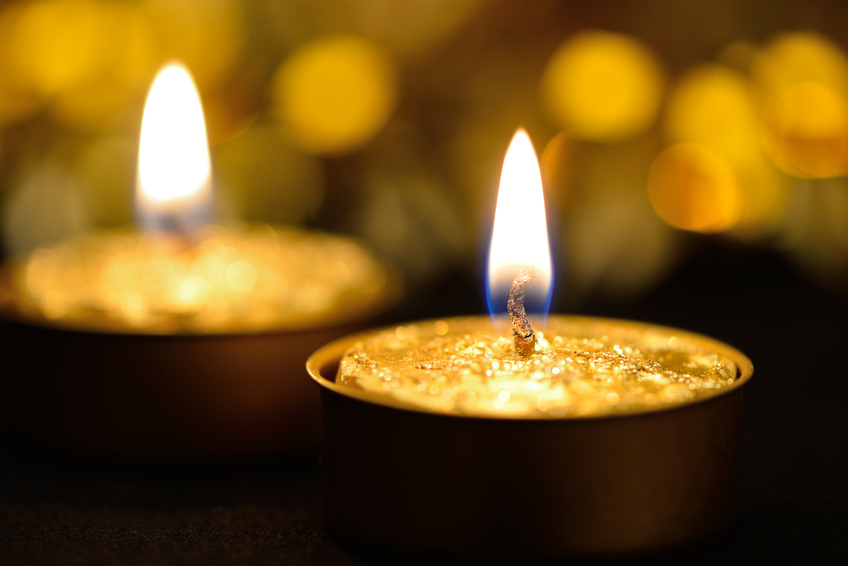Last week, Jim and I spent two days at our Church Girls’ Camp. For the Tuesday evening devotional, Jim planned to speak. That afternoon, he asked me to speak as well. The request caught me off-guard; I couldn’t think of anything I would say. But, that evening, as I sat listening to a youth leader, Jennifer, give a sweet and honest talk about failing to pass the law bar and what spiritual lessons she learned, I suddenly had a brain storm (and, yes, I took my meds that morning, so I was mostly confident (can’t ever be 100%) that my thinking was sound): pick five things to talk about briefly. I have a thing about five fingers, I’ll tell you about that in a later post. Here’s what I said:
There are five things I want you to know about me. I hope there are more than five worthwhile things about me, but I just want to share five.
First: my parents were wonderful, loving people with strong faith. They raised me in the Catholic Church. As I get older, I am more and more grateful for them and appreciate their wisdom.
Second: when I was nineteen, I learned about the Church of Jesus Christ of Latter-day Saints. I love this Church.
Third: 39 years ago I married a wonderful man. Yes, it’s the same man that is sitting right there: he’s my first and only husband. And I’ll tell you something I wish someone had told me. Even after 39 years, it’s hard. There are many things that are fun, but it can be really hard, too. I don’t know how it is for others, but it’s hard for me.
Fourth: in 1995, I had a manic episode. I have manic depression, called bipolar these days. I was hospitalized.
What that means is that I was taken by ambulance to a psychiatric unit and was locked in and couldn’t get out until a doctor said I could. It was shattering. I’ve only been hospitalized one other time, and that was because I stopped taking my medication. That was in 2003. I see a therapist, I have a psychiatric nurse, and I take my medication. I hate it. I hated taking it this morning and I’ll hate taking it tomorrow, but I’ll take it.
I can’t tell the future, but it is quite likely that some of you in this room will either have emotional problems, or have loved ones with emotional problems, or maybe someone you work with will.
Fifth: three years ago, on August 12, our 27-year-old son died of leukemia. It was hard and it’s still hard. We prayed that he would get better. In fact, our Cambridge Stake had a fast that he would get better. But he died. And is it okay? Depends what you mean; it’s complicated.
You will probably have hard things happen in your life. You will have leaders and friends, in the Church and out, who can help you. Reach out to them.
If any of you ever want to talk to me, I’d love to talk. I’m quite open about my life and if I can help you, I want to.
Reach out when you are in trouble. I’ve had hard times and I’ve received a lot of help.
I love the gospel and I love my Savior. And I say this in the name of Jesus Christ, amen.
A few girls thanked me afterwards. I was happy to talk to them. I had none of the negative feelings that followed the mental health panel last month. I felt in my element. I want girls to know about mental illness, to see it’s not a death sentence, to see it doesn’t have to be a shameful secret. Even if none of them ever asks me anything, I’m confident I’ve made a difference in someone’s life. Some girl (or adult leader), maybe years from now, will look back at that evening devotional and gain strength from the memory.







